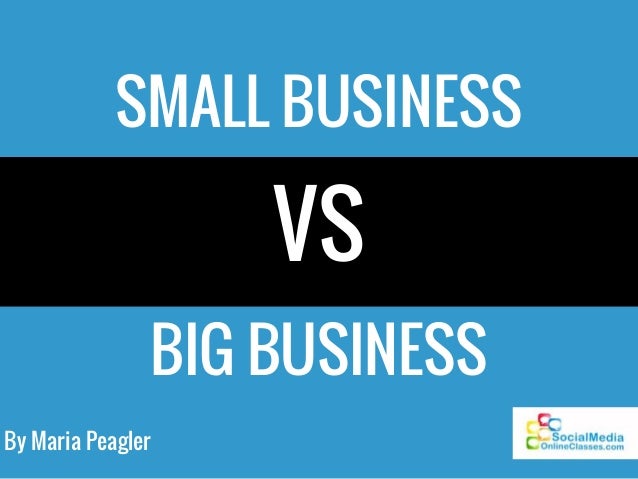

Only a tiny fraction of the nation’s 6 million small firms patent or innovate. In fact, the top 1.5 percent of patenting firms, all of them large, received 48 percent of U.S. Apple developed the first smartphone decades after it was a Silicon Valley startup. Boeing, not a small company, developed the world’s first carbon fiber jet aircraft, the 787. The entrepreneur Sam Hogg sums up this view when he writes, “Startups require innovative entrepreneurs, and that typically isn’t in a job description for a large company.”īut in fact, large firms, on average, are more innovative than small firms. Large corporate giants are sluggish, risk-averse, copiers. Small firms are nimble, hungry, and innovative. Small businesses are innovative dynamos, aren’t they? And regarding “Chainsaw Al”: As of 2015, really big establishments-those with 5,000 or more employees-were 4 times less likely to lay off workers than those with fewer than 250 employees.Ģ.

This is also why almost two-thirds of new jobs since 1990 have been in firms with 500 or more employees, even though those firms employed just 42 percent of workers. In contrast, firms with more than 500 employees were responsible for 26 percent of gross job gains but 38 percent of net job gains. This is why from 1993 to 2010, small firms with fewer than 20 employees were responsible for 29 percent of gross job creation but only 15 percent of net job gains. It is true that small firms create a lot of jobs, but they also destroy almost as many, because they are much more likely than big firms to go out of business or shrink. President Barack Obama’s 2013 budget summed up the view: “Small businesses are the engine of job growth in our economy.” At the same, time we are a fed a steady diet of stories about how large corporations, run by rapacious CEOs with nicknames like “Chainsaw Al” Dunlap and “Neutron Jack” Welch, ruthlessly slash jobs to pad their profits and bonuses. Ever since MIT researcher David Birch wrote in the late 1970s that small businesses create the lion’s share of new jobs in the economy, this assertion has taken on mythic proportions. Small businesses are the economy’s job engine, right? Here are five of the most egregious examples:ġ. Yet, much of what people assume to be true about big business is completely wrong. And pretty much everyone believes that small businesses are the real engines of job creation and innovation in America. Liberals decry big companies for allegedly exploiting their workers, ripping off consumers, and hurting hardworking small business owners. Conservatives criticize large corporations for enlisting “big government” in what they view as “crony capitalist” machinations.

This is more like an ant trying to wrestle a human. Third, they are competing against industry leaders.Luckily, there are open source and shareable resources/services which have come up. For this, they would have to outsource work. Next, they do not have adequate in-house resources to develop their products and services.

Therefore they have to be very creative and innovative in solving the problems. They do not have money to throw around to solve a problem. Small businesses and startup also have very similar organizational setupĮssentially, they have very similar problem sets.Essentially, they have very similar problem sets.


 0 kommentar(er)
0 kommentar(er)
